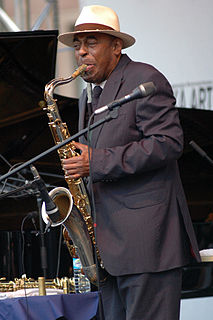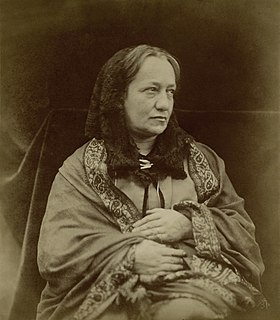A Quote by Michel de Montaigne
Just as in habiliments it is a sign of weakness to wish to make oneself noticeable by some peculiar and unaccustomed fashion, so, in language, the quest for new-fangled phrases and little-known words comes from a puerile and pedantic ambition.
Related Quotes
I wish I'd known that apologizing is a sign of strength. I had the impression that if you apologize, it's a sign of weakness. I kind of picked up the message from my father, 'Real men don't apologize. You just do your best, and if you happen to hurt some people, that's their fault. You just go on. Don't apologize. That's a sign of weakness.'
Music is a language, and it's like a dictionary that has a lot of words, but if you limited yourself to a couple of definitions you would be illiterate. If one limits oneself to a peculiar definition like 'new music,' 'avant-garde,' or something like that, I think it's like cutting out half the dictionary.
I need a little language such as lovers use, words of one syllable such as children speak when they come into the room and find their mother sewing and pick up some scrap of bright wool, a feather, or a shred of chintz. I need a howl; a cry. When the storm crosses the marsh and sweeps over me where I lie in the ditch unregarded I need no words. Nothing neat. Nothing that comes down with all its feet on the floor. None of those resonances and lovely echoes that break and chime from nerve to nerve in our breasts making wild music, false phrases. I have done with phrases.
Every big company has some little guy who is an enthusiast off in the corner working on technology. In Japan, it is integrated into their high-level strategy. They see it as a communication medium, because for them, just the words? - ?and this is the problem that they have with Americans? - ?just the words they say to you is not the complete message. Their facial expressions, their body language, there is a lot of context. Also, their written language doesn't translate to keyboards well.
I wish I could take language And fold it like cool, moist rags. I would lay words on your forehead. I would wrap words on your wrists. 'There, there,' my words would say - Or something better. I would ask them to murmur, 'Hush' and 'Shh, shhh, it's all right.' I would ask them to hold you all night. I wish I could take language And daub and soothe and cool Where fever blisters and burns, Where fever turns yourself against you. I wish I could take language And heal the words that were the wounds You have no names for.
I'm pretty good at inventing phrases - you know, the sort of words that suddenly make you jump, almost as though you'd sat on a pin, they seem so new and exciting even though they're about something hypnopaedically* obvious. But that doesn't seem enough. It's not enough for the phrases to be good; what you make with them ought to be good too.








































